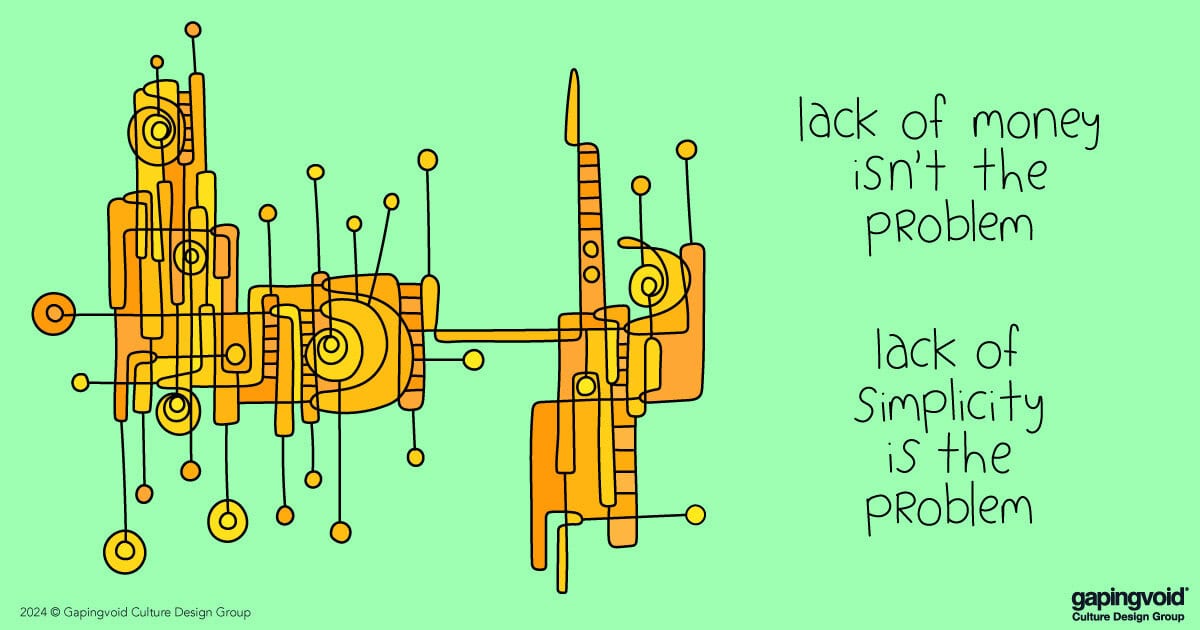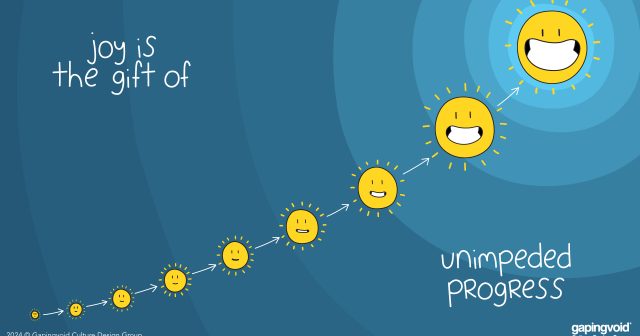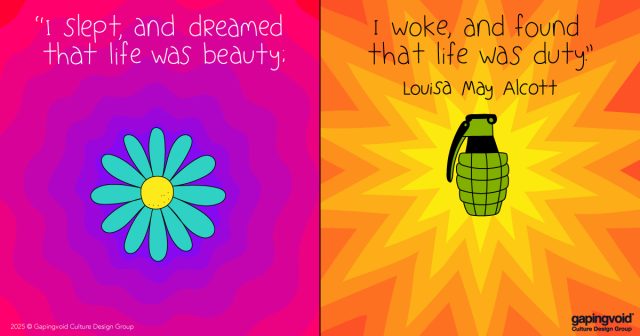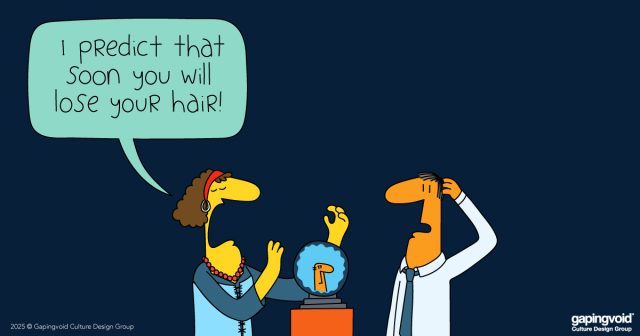
23&Me has been dominating headlines lately, going from a $6 billion unicorn to a penny stock. It will likely be delisted from the NASDAQ soon.
The interesting bit isn’t about genetics or startup failure but about the “DNA” of lasting businesses and the choices made along the way.
There are two ways to build a company (for this story, at least)
The ego way (demanding millions in seed funding, A-lister backing, and constant headlines) or the culture way (customer-focused, moving thoughtfully, always learning). 23andMe chose door number one. And in many ways they had to.
23andMe got off to a flying start in 2006 when its Co-Founder and long-term CEO, Anne Wojcicki, was dating her now-ex-husband, Google co-founder, Sergey Brin.
Wojcicki had the Valley running through her veins, and 23andMe began life floating in a sea of money, glamor, glitz, high-profile parties, and celebrity BFFs, tech or otherwise. They raised over $800 million in funding rounds, which was ultimately their demise. When you start life with a $6 billion valuation, you don’t get to build slowly, make mistakes, focus on adding value to the customer, or learn. You get to perform.
Reality started to collide with the hype. They had two major customer opportunities but didn’t serve either well:
- Curious people who wanted to learn about their ancestry – a limited, one time purchase market. At $99 a kit, it makes it difficult to recoup your investment costs.
- Drug companies wanting customer data to develop new medicines, requiring decades of expensive research that few startups are designed to sustain.
Then came the other issues: privacy concerns over genetic information ownership, a massive data breach, and a $300 million lawsuit settlement—an utter disaster.
The thing is, they could have navigated all of this if they’d had the opportunity to build trust slowly and create an actual community of customers.
But because they were so front-loaded with vast sums of money, A-Lister attachments, and sky-high expectations, Wojcicki couldn’t build a good business organically. They HAD to win the World Series seven games to zero from Day One. They had to win the Oscar for Best Picture.
The rockstar stuff is great for ego but won’t build lasting value. That requires humility, avoiding the types of Faustian bargains Wojcicki had no choice but to make. The lesson is that your success won’t be determined by your famous founders or even your tech stack but by the space and culture you create for building real value. Choose wisely.



